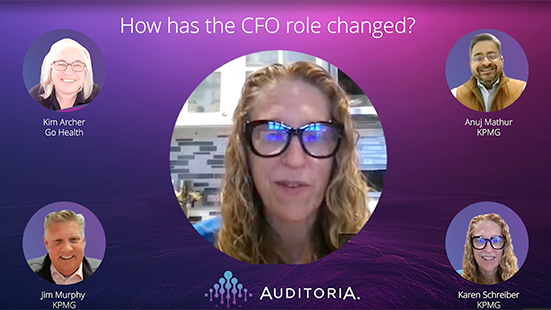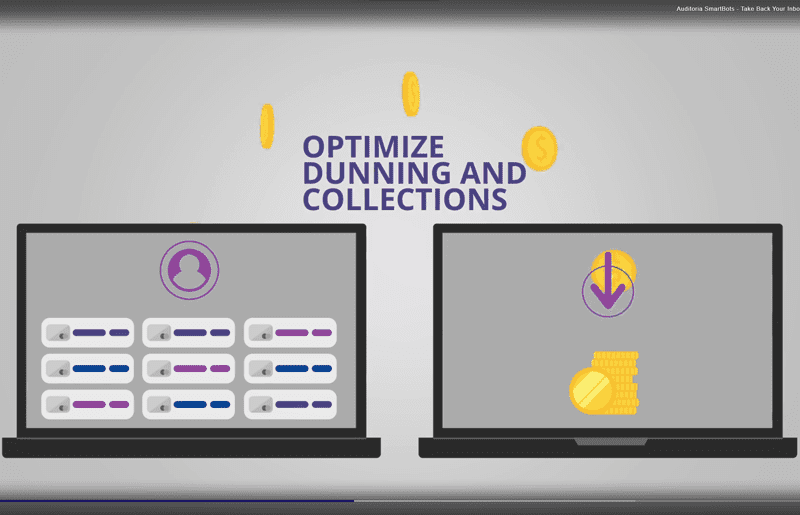AI Expert Series Video
How Has The Role of the CFO Changed?

Length: 6:49
![]()
The discussion emphasizes the transformation of the CFO role from a traditional financial overseer to a dynamic leader involved in all aspects of the company’s strategy and operations.
Shift from Traditional Roles: The CFO’s role has changed dramatically from a more hands-off approach, where they mainly reviewed reports and communicated with investors, to being deeply involved in strategic decision-making and operational details.
Increased Strategic Involvement: CFOs are now playing a critical strategic role, requiring them to be hands-on and engaged with how financial data is collected and analyzed. This involvement allows for faster and more efficient decision-making.
Technology and Innovation: The introduction of automation, artificial intelligence (AI), and generative AI tools has significantly impacted the CFO’s responsibilities. These technologies have enhanced their ability to analyze data and make informed decisions more efficiently.
All Hands on Deck: The idea of a CFO remaining in an “ivory tower” is outdated. Modern CFOs must actively guide the organization in alignment with the company’s strategic direction.






 2020
2020


